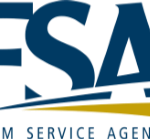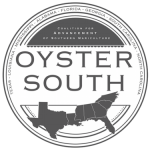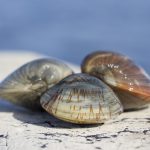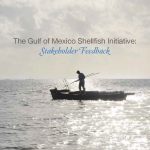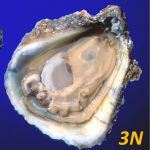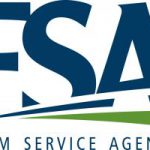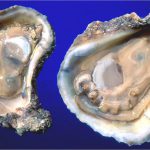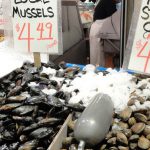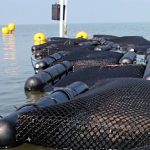
Shellfish Aquaculture Gear Workshop
Date: Wednesday, September 12th, 2018 1-5pm Location: FWC Senator Kirkpatrick Marine Lab, 11350 SW 153rd Court, Cedar Key, FL In partnership with the National Marine Sanctuary Foundation and NOAA’s Marine Debris Program, the FDACS Division of Aquaculture is hosting a workshop to discuss shellfish aquaculture gear management techniques and strategies to prevent gear loss. Guest speakers Charles Grisafi, of NOAA’s Marine Debris Program, and Bob Rheault, Executive Director of the East Coast Shellfish Growers Association, will discuss the importance of marine debris prevention as the shellfish aquaculture industry increases in size and begins utilizing new production methods and gear. Informal


